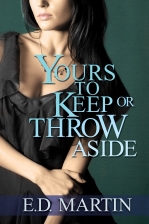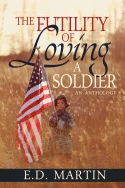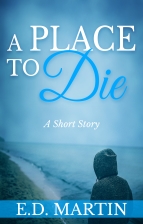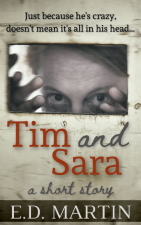The books:
- The Consequential Element by Dee Ann Waite
- Only the Dead by M.W. Duncan
- A Long Way Gone: Memoirs of a Child Soldier by Ishmael Beah
The music: “Fatima” and “Strugglin'” by K’naan
Last fall, I moved into a new house. It’s in the part of town single white women aren’t encouraged to live in, but I love it because of all the diversity. There are at least five languages spoken on my block, in part due to a recent influx of immigrants and refugees. Reports says there are 30 languages spoken at the nearby elementary school, from Karen to Kirundi.
I’ve worked with some of these immigrants. From a coworker who fled Sudan to Egypt, taught himself English, and found his way to the Midwest, to a young Ghanian woman who came over with her family and found herself homeless after deciding she wanted to forgo marriage in favor of college, some of their stories aren’t pretty. I’m really looking forward to my school social work internship this fall, so I can work with some of these immigrant kids.
My whole point is that I tend to see the human side to war. At the same time, I want to understand my neighbors’ and clients’ experiences, so I’ve been reading a lot about African conflicts, from multiple perspectives.
First there’s The Consequential Element by Dee Ann Waite, which I’d describe as a geopolitical romantic thriller. An archeologist in central Africa has found a rare element and sends his notes to his niece, á là Indiana Jones. The CIA and Chinese military are after her, as is a Congolese warlord. A handsome mercenary and some old Batswana friends help her out. It’s a well-written, well-researched story, but the reader’s sympathy is always directed towards the protagonist, and the story lacks the nuance needed to make the warlord and his child soldiers three-dimensional.
Only the Dead by M.W. Duncan is a novella about a mercenary in Africa. It lacks the romantic subplot and instead focuses solely on the protagonist’s struggle for survival in the jungles of Liberia. The author does a decent job of building empathy for the child soldiers, allowing the reader to see that they’re victims of circumstance as well. He includes a very touching scene about a boy left to die as the army evacuates its village headquarters that’ll leave the reader angry more isn’t being done about forced enlistment of children.
And if you want to get really angry and sad, pick up A Long Way Gone: Memoirs of a Child Soldier by Ishmael Beah. When Beah was twelve, civil war struck Sierra Leone. After witnessing the brutal murders of his family and friends, he was conscripted into the government army (yes, governments use child soldiers just as much as rebels; the Sudanese government is doing it as you’re reading this), hopped up on drugs, and made to commit atrocities kids that age shouldn’t even know about, let alone witness. Fortunately he made it out alive and was one of the lucky kids who was rehabilitated.
The music pick, Somalian rapper K’naan, has a similar story. He was on one of the last flights out of Mogadishu after the country descended into violence (20 years later and it’s still violent anarchy) and settled in Toronto. His songs mix his experiences as a troubled innercity black male with the violence he witnessed in Somalia.
Like the protagonists in this week’s books, K’naan is just looking for a path to healing, and like my neighbors, clients, and coworkers, it’s often easier said than done.





